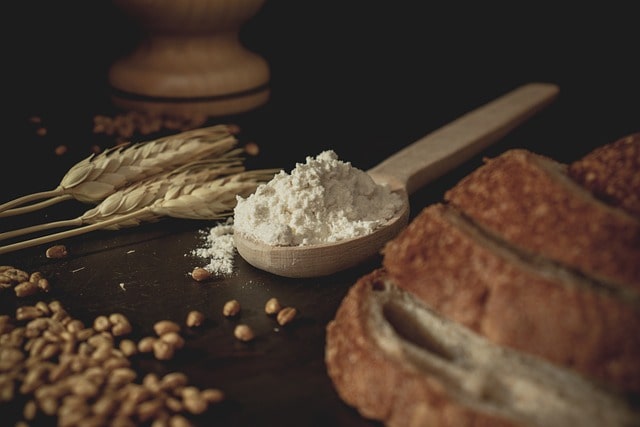Take a closer look at your child or what are PANDAS / PANS?

Many years ago, I first heard about this strange abbreviation, PANDAS. It was about children who were no different from their peers except that they would occasionally have fits of hysteria. In this state, these children could destroy everything around them and cause harm to themselves and those around them. Of course, when this happened in front of their peers, it had a highly negative impact on the socialization of these children. Their peers avoided them, and teachers also felt tension and often requested the presence of an assistant to help control these children. After all, a child could start behaving uncontrollably again at any moment.



